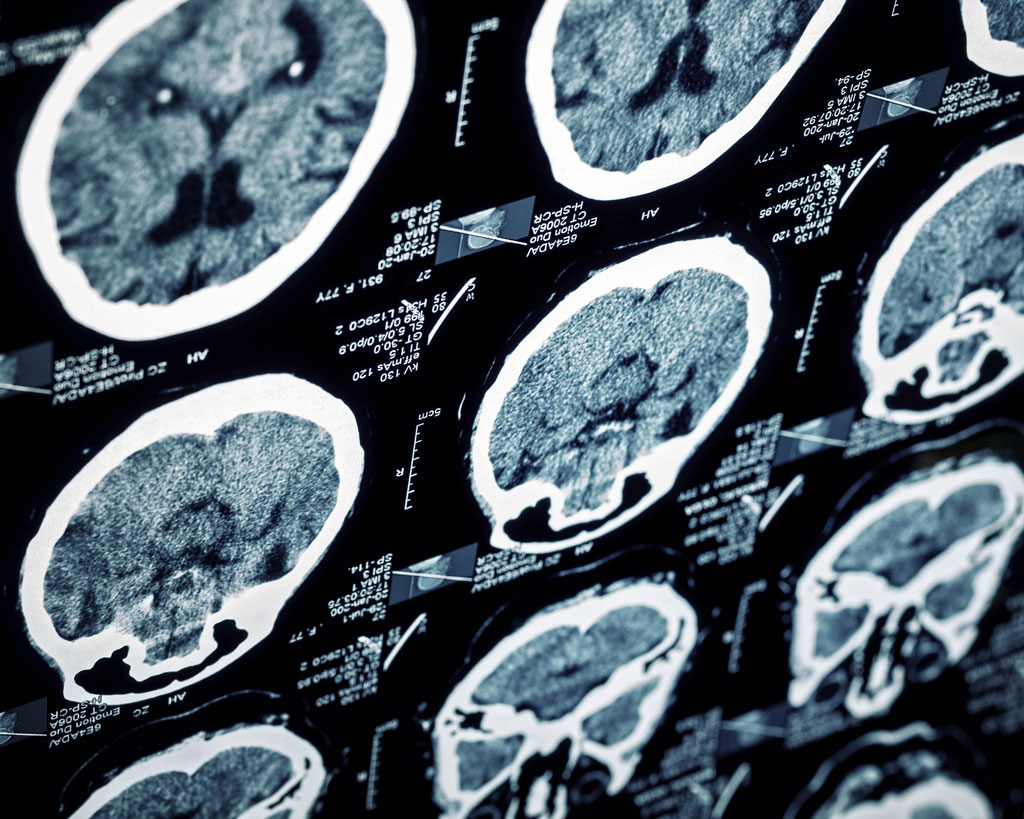
Linda Monaci considers the evidence linking traumatic brain injury & the onset of dementia
The legal implications of medical deterioration in brain injury cases and the rules governing provisional damages were discussed by Warren Collins in his recent NLJ article. As Mr Collins notes, the court can award provisional damages if the risk of disease or deterioration has a “measurable chance of occurring”, while the disease or deterioration must be “serious”. (see “Pushing boundaries”, NLJ , 24 April 2015, p 13). This article presents some of the challenges which complicate carrying out research in this field, and provides a brief overview of the findings.
Established findings & mixed results
It is an established finding that repeated mild traumatic brain injuries (TBIs), such as those experienced by professional boxers, are associated with a high risk of chronic traumatic encephalopathy (CTE), originally termed “dementia pugilistica” (McKee et al, 2012). CTE is a type of dementia with distinctive neuropathological features, but clinically it can be mistaken for Alzheimer’s disease or fronto-temporal dementia (Gavett et al, 2010; 2011).
Research investigating the link between TBIs, such as











